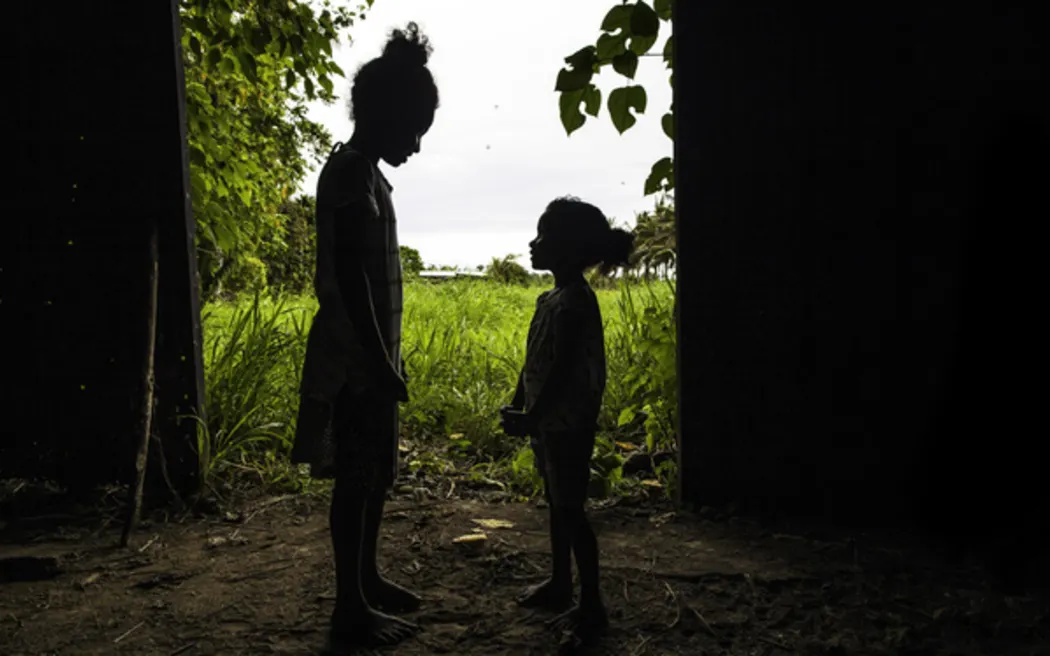Children must be at the centre of labour mobility policies.
Arthur Faerua, Director General (DG) of Vanuatu’s Ministry of Justice and Community Services (MoJCS) stressed this when stakeholders from Fiji, Samoa, Solomon Islands, and Vanuatu recently convened to tackle the pressing issue of protecting children involved in labour mobility programmes such as the Seasonal Worker Programme (SWP) in Australia and Recognised Seasonal Employer (RSE) scheme in New Zealand.
These programmes, while economically beneficial through remittances and local spending, present challenges by straining family relationships and affecting children left behind by migrating parents.
The two-day seminar, which brought together high-level delegates including four state ministers from the participating Pacific Island Countries to Vanuatu, underscored a unified commitment to address these social impacts.
DG Faerua emphasised the critical need to safeguard children’s rights, framing it as a collective responsibility.
“From today onwards, children must be at the centre of labour mobility policies,” Faerua declared.
Faerua noted the seminar’s perfect timing, occurring just before Vanuatu’s National Children’s Day on 24 July 2024.
He urged the four nations to consistently uphold children’s rights as outlined in the United Nations (UN) Convention.
The recent studies presented at the seminar, supported by UNICEF, the University of Western Sydney, and the University of the South Pacific, shed light on the challenges faced by families participating in these programs.me
Each participating country is now implementing policies and measures to mitigate these challenges.
As a pioneer in the RSE and SWP with a significant agricultural workforce in Australia and New Zealand, Vanuatu stressed the necessity for improved monitoring and policy adjustments.
The seminar concluded on an optimistic note, highlighting collaborative efforts to protect children’s well-being while maximising economic benefits. Ongoing dialogue and policy refinement aim to create an environment that balances economic opportunities with social protections for future generations in the Pacific region.
